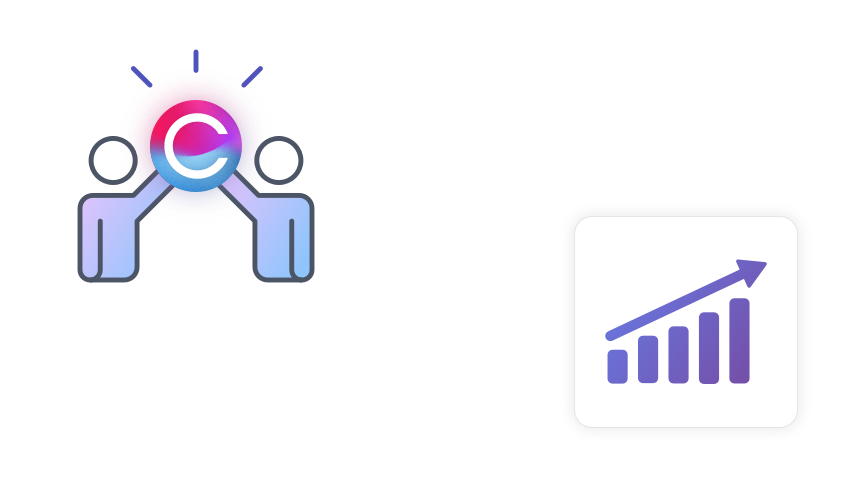Claromentis: An Integrated Digital Workplace Solution
Your workplace – redefined
In our hybrid working world, businesses need to stay productive no matter what. For 25 years, we have been helping businesses reinvent themselves through technology. This is why hundreds of companies worldwide trust us to increase collaboration, productivity and growth.

Empower your teams with our integrated digital workplace solution
Our comprehensive digital workplace solution has four integrated platforms that help you engage with and develop your workforce. Anytime, anywhere, and on any device.
Intranet Software

Communicate, collaborate and connect with your workforce. Provide a world class culture and employee experience to increase engagement, retention and satisfaction.
Business Process Automation

Supercharge your productivity with automation. Powerful and scalable to help take your business growth to new heights.
E-Learning

Flexible, scalable and SCORM compliant. Use curated, trackable learning pathways to upskill your workforce.
Project Management

Plan, execute, deliver and track your projects on time and on budget using our task management toolset.
Flexible Functionality for the Future of Work
Our digital workplace solution provides timeless flexibility and functionality that adapts to your needs. Future proofing your business with specialised solutions for:

Internal Communications
Bring remote/hybrid teams together to enhance employee engagement, collaboration and productivity.

Compliance Management
Ensure adherence to standards and regulations such as ISO 27001.

Quality Management
Create a culture of operational excellence, quality assurance and ISO 9001 compliance.
Take the first step towards a better business
Book a demo now if you want to learn more about how Claromentis can help you achieve your goals. Or, if you are not ready to talk, you can get instant access to Claromentis to try our software yourself. Contact us now to request a personalised demo and embark on a journey to a more secure and well-managed policy landscape.







